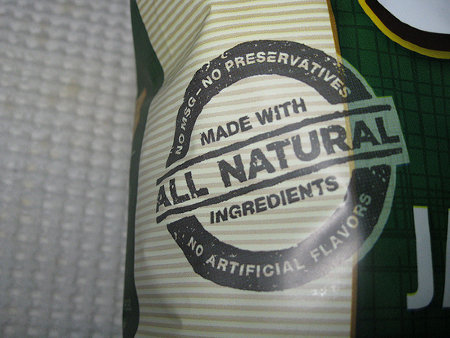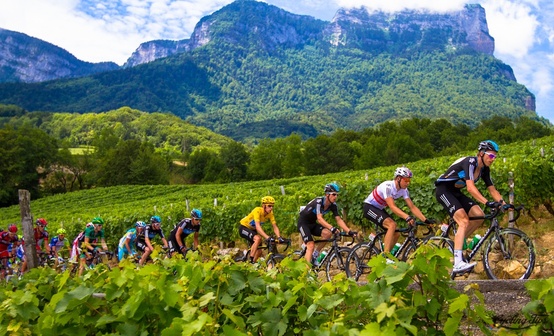As an avid cyclist, I have been diligently following the flurry of recent press about the doping in the sport of cycling. I’d say I’m fully immersed in the subject—I’m also reading The Secret Race by Taylor Hamilton, who details his experience as a pro using performance-enhancing drugs during the dope-infused 90s and 2000s. The parade of cyclists who have come forward recently, including Hamilton, have one thing in common—they all rode with Lance Armstrong during his 7 Tour de France “wins” (I put wins in quotes as those will likely be taken away shortly). As sad a day as it is for cycling that it has come to this, I’m more interested in how this relates to branding and truth in advertising. Armstrong’s doping has left me feeling duped.
Armstrong has built a massive brand built on Hope. He has raised millions of dollars and gotten thousands out on bicycles for charity rides and runs. His foundation has raised over $500 million dollars since 1997 for cancer research. He is featured on commercials for sunglasses, sneakers, beer and cars. His brand has become synonymous with strength, perseverance and survival. Knowing that Armstrong is a cheat, what does that do to his Brand?
Brand Integrity Matters
As we are all reminded far too often, what you see isn’t always what you get. Many brands make claims trying to sell their products: run faster, lose weight, lower your cholesterol, be happier—you’ve heard them all. Recently, many major packaged food, beverage and ice cream companies questionably claimed “all natural” or “organic.” According to Mintel’s Global New Product database, about 13% of new food and beverage products launched in 2011 touted that they were “all-natural.” Currently in California, there is a heated debate over the use of the word “natural” on food packaging containing GMO ingredients. GMO labeling ended up on the ballot after receiving almost one million signatures. If the legislation passes, manufacturers will be forced to rethink their claims and strategies related to brand messaging.
A strong brand says what it means and means what it says. Of course there will be stumbling blocks along the way, but taking responsibility and ownership of your shortcomings is essential in establishing brand integrity. With the evidence against Lance Armstrong piling up, his personal integrity may potentially erode the integrity of the Livestrong brand. And that is a crying shame.
Trust Goes a Long Way
Personally, I can understand why all the pro cyclist felt that doping was the only way compete. Believe me, I don’t think “everyone’s doing it” is an excuse (especially as a mom of three young kids!) but it does somehow level the playing field. They were riding hundreds of miles every day, for weeks on end. But as a fan, I feel duped. I’ve spent hours following the tour and other races. I cheered for Hamilton when he rode to fourth with a broken collarbone. I felt the swell of pride when Armstrong took the podium with the American Anthem playing. I felt the heartbreak when Hincapie flatted on the cobbles and his Paris Roubaix chances slipped away. I cheered for these riders and watched in amazement as they climbed the highest peaks of the French Alps in record time. That’s why I feel so betrayed. I believed in the brand. The importance of honesty was something my mom made very clear to us growing up. Trust goes a long way and once you lose it, it’s very hard to get it back—maybe impossible.
So how does all this Lance Armstrong chatter relate to marketing? I can attest, as a former fan, you can destroy all your hard work by being dishonest with your audience. Make a brand promise and stick to it.
Related articles
- 5 Questions: Doping report on cyclist Lance Armstrong (cbc.ca)
- Will you still donate to Lance Armstrong’s charity? (blogs.abc.net.au)
- Lance Armstrong Owes A Lot Of People An Apology (businessinsider.com)
- 11 teammates testify against Lance Armstrong in doping investigation (suntimes.com)






Brand Trust and Truth in Advertising | Change Conversations http://t.co/4DNQ70MU